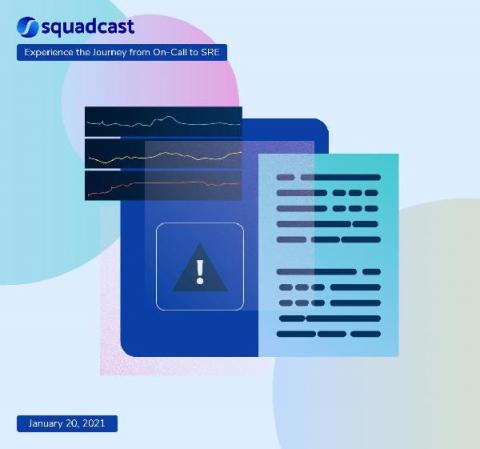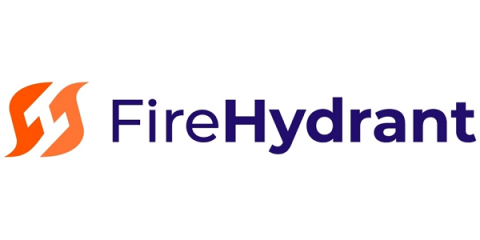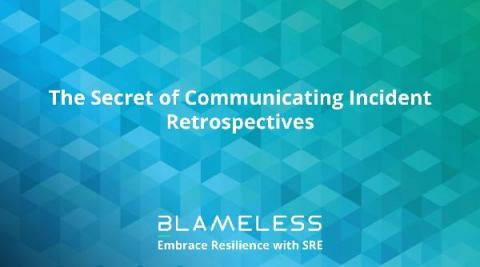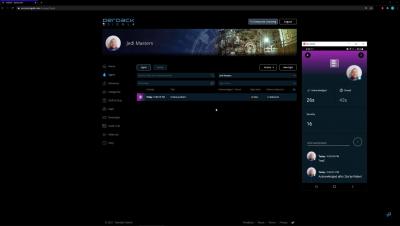Operations | Monitoring | ITSM | DevOps | Cloud
Incident Management
The latest News and Information on Incident Management, On-Call, Incident Response and related technologies.
How to build your own incident management process
IT incident management is a fundamental operational process designed to ensure rapid service restoration. This process is typically assigned to the help desk but is also very much entrenched in the day-to-day of DevOps. When incident management goes right, service is restored quickly and the impact on productivity, continuity, and customer satisfaction is minimal.
7 Tips On Building And Maintaining An SRE Team In Your Company
The Key Differences between SLI, SLO, and SLA in SRE
Why AlertOps is the best PagerDuty alternative
4 Essential Types of MSP Tools (in 2021)
2021 is the Year of Reliability
There’s no better time than now to dedicate effort to reliable software. If it wasn’t apparent before, this past year has made it more evident than ever: People expect their software tools to work every time, all the time. The shift in the way end-users think about software was as inevitable as our daily applications entered our lives, almost like water and electricity entered our homes.











